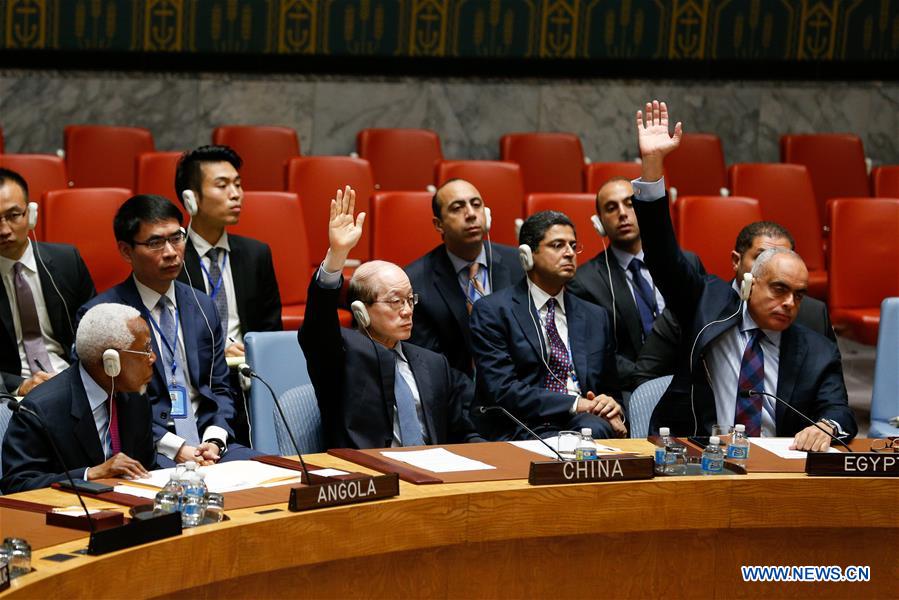
According to a new transcript of the interrogation of prisoner Ghassan Abdallah al-Sharbi at Guantanamo Bay, the prisoner was recruited to a pre-9/11 terror plot within the United States by what he believed to be an unnamed member of the Saudi royal family, reported Anti War.
This prisoner who went to college in Arizona told military officials at the U.S. base in Guantanamo Bay, Cuba, that he believed an unnamed member of the Saudi royal family was part of an effort to recruit him for violent extremist acts before the 9/11 attacks, according to a newly released transcript.
Ghassan Abdallah al-Sharbi, a 41-year-old Saudi national, said he listened to his recruiter speak with another man on the phone to discuss Sharbi’s US experience. “I remember, ‘yes, your highness, yes your highness,’ and he was talking to him about me,” he said. He believes the other man, who he never met, to be a royal”, reported Russia Today.
The conversation Sharbi described happened in early 2001, shortly after he returned to Saudi Arabia from the US, and just before he was urged to return to the U.S. and take part in a plot against the U.S. that would involve learning to fly a plane.
Media reports said that Ghassan Abdullah al Sharbi, is among the remaining 61 terrorist suspects being held at the US detention facility in Cuba.
This new transcript is added to a list of suggestive but hardly definitive clues about possible involvement by members of the Saudi administration in the Sept. 11 attacks, in which 15 of the 19 hijackers were Saudi.
Justice for 9-11 Families or relations with Saudi Arabia?
Earlier this month, the U.S. House of Representatives passed a legislation that would allow the families of victims of the Sept. 11 attacks passed by voice vote, without objections, to sue Saudi Arabia’s government for damages, two days before the 15th anniversary of the attacks that killed about 3,000 people.
Although The White House reiterated that President Barack Obama would veto the bill, it is not clear when the vote would take place.
Reuters reported that the Senate sent the bill to Obama on Sept.12 giving him a 10-day window to veto the measure that would end on Sept 23, saying under the Constitution, Obama has 10 days to veto the bill before it automatically becomes law.
Meanwhile, six Arab Gulf countries expressed “deep concern” over this bill passed by the U.S. Congress.
The head of the Gulf Cooperation Council, Abdullatif al-Zayani, said in a statement that the legislation runs against the principles of international law and sets a dangerous precedent for foreign relations.
Also, Sheikh Abdullah bin Zayed Al Nahyan, the UAE Minister of Foreign Affairs and International Cooperation, said: “This law is not in line with the foundations and principles of relations among states, and represents a clear violation given its negative repercussions and dangerous precedents”.
In its own statement, Qatar said the 9/11 legislation “violates international law, particularly the principle of sovereign equality between states”.
The head of the Arab League, Ahmed Aboul-Gheit, added his criticism, saying the law would contradict “established norms of the international law,” according to Egypt’s state news agency, MENA.



